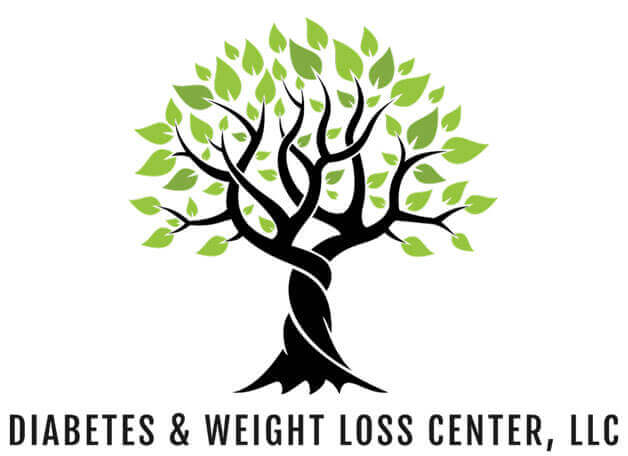Imagine staying one step ahead of potential health issues, feeling confident and in control of your well-being. Regular physical exams can help you achieve just that.
Physical exams differ from visits to a healthcare provider for a sickness or injury. During these visits, patients receive preventive care services. A physical exam can be over in about 30 minutes – a worthwhile investment for a healthier future.
Physical exams are recommended for everyone, including all adults and seniors. This article discusses the importance of regular physical exams.
What Happens During a Physical Exam?
A physical exam is a routine evaluation of your overall health. It is conducted by a primary care provider. It focuses on preventive care to help you stay healthy or to address any potential health issues. You do not need to be ill to have a physical exam; it’s a regular check-up to ensure you’re in good health.
During the exam, your provider will review various aspects of your health, including:
- Skin: Checking for any unusual changes or conditions.
- Eyes and Ears: Examining for signs of vision or hearing issues.
- Nose and Mouth: Inspecting for any abnormalities.
- Heart: Listening to your heartbeat and rhythm.
- Lungs: Checking for proper breathing and lung function.
- Abdomen: Palpating to assess organ health and detect any issues.
- Feet: Inspecting for any problems or abnormalities.
- Nervous System: Evaluating your reflexes and nerve function.
- Mental Health: Discussing your overall mental and emotional well-being.
If the check-up raises any concerns, the provider may order additional testing. This proactive approach helps with improving treatment outcomes for patients.
The Benefits of Regular Physical Exams
Physical exams are the foundation of good health and better management of medical conditions. Consider the following benefits of regular physicals:
- Early Disease Detection: Regular exams can help spot diseases early, such as diabetes, cancer, and heart disease. Early detection often means better management and fewer complications. For example, exams can identify hyperlipidemia (high blood fat levels), which can lead to heart issues, if not addressed.
- Chronic Condition Management: If you have conditions like high blood pressure or diabetes, regular check-ups let your provider monitor and adjust your treatment plan. Continued monitoring helps prevent medical conditions from worsening and improves quality of life.
- Promotion of a Healthy Lifestyle: Physical exams encourage healthy habits. Healthcare providers offer advice on diet, exercise, and other wellness factors. They also provide answers to your questions and address any concerns you may have.
The Importance of Specific Exams by Age Group
Different age groups have varying health needs, and understanding these can help prioritize specific exams.
Young Adults (19-39 years of age)
- Blood Pressure: Regular checks, especially if at risk for hypertension.
- Cholesterol Screening: Starts as early as the age of 20 (even earlier if obese), based on risk factors.
- Sexually Transmitted Infections (STIs): Regular screenings, if at risk.
- Vaccinations: Ensure vaccinations are up-to-date, including HPV, flu, and Tdap.
- Skin Checks: For those with a history of significant sun exposure or a family history of skin cancer.
Adults (40-64 years of age)
- Blood Pressure: Regular checks, especially if at risk for hypertension.
- Cholesterol Screening: Every three to six months or as recommended.
- Diabetes Screening: Every three years starting at age 45, or earlier if at high risk.
- Cancer Screenings:
- Colorectal Cancer: Starting at age 45, or earlier if at high risk.
- Breast Cancer: Mammograms starting at age 40 or 45, based on risk level.
- Prostate Cancer: Discuss with a healthcare provider, but typically starting at age 50.
- Bone Density Testing: For women ages 65 and older or those at high risk of osteoporosis.
Seniors (65 years of age and older)
- Blood Pressure: Regular checks, especially if at risk for hypertension.
- Cholesterol Screening: Based on individual health risks.
- Diabetes Screening: Regular monitoring, especially if previously diagnosed.
- Cancer Screenings:
- Colorectal Cancer: Continue with regular screenings.
- Breast Cancer: Continue mammograms as recommended.
- Prostate Cancer: Continue as recommended.
- Bone Density Testing: Continue regular tests if previously diagnosed with osteoporosis.
- Vision and Hearing Tests: Regular screenings to address age-related changes.
Regular check-ups with your healthcare provider ensure that you undergo the appropriate health screenings.
Preparing for a Physical Exam
Preparing for a physical exam can make the experience more beneficial. Start by gathering any necessary medical records or a list of medications you are currently taking. This information helps your healthcare provider understand your health history and make informed decisions.
Before the appointment, write down any questions or concerns you might have about your health. Bringing a list ensures you do not forget to address important topics during the visit. It can also be helpful to note any changes or symptoms you’ve noticed, even if they seem minor.
Finally, remember to arrive a little early to your appointment to complete any paperwork and relax before your exam. Feeling calm and prepared can make the experience more enjoyable and productive, allowing you to focus on your health.
Physical Exams Near Me in Oviedo, FL
Dr. Adriel Perez, DNP, A-APRN, FNP-C at Diabetes & Weight Loss Center is your primary care provider of choice. Dr. Perez is a board-certified family nurse practitioner serving our community in Oviedo.
Our team wants to make preventive care accessible to all. We offer annual physicals, chronic disease management, nutrition counseling, and more. We also have a passion for diabetes and obesity care.
Dr. Perez is bilingual and speaks both English and Spanish. We value communication with you in a language you are more comfortable with. To schedule an appointment for a physical, call us today at (407) 890-1876 or use our appointment request form.


